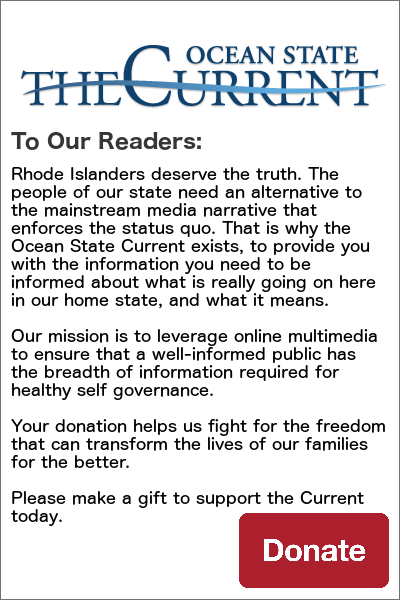A Focus on Relationships
In the meandering way of thought during pre-bed showers, my mind turned last night to a brief experience I had twenty-three years ago when I dropped out of college for a bit. My friend and I were looking for an apartment to split somewhere in Northeastern New Jersey and conducted independent searches.
One of the possibilities that fell to me to visit was down a leafy suburban lane, the second floor of a pleasant house owned by an older Jewish couple. The woman with whom I’d spoken on the phone and who showed me the space seemed surprised that neither my friend nor I were Jewish, given our last names, and while I don’t recall specifically why we chose a different home, the impression has stayed with me that hers wasn’t an idle question, and that the landlords would have preferred tenants of their own religion.
Given our cultural obsession with power dynamics, these days, we tend to think in hierarchical terms. The boss has power over the employee. The landlord has power over the tenant. And we’ve made it illegal for the formers to discriminate against the latters for reasons politicians deem inappropriate, while not concerning ourselves with discrimination in the other direction. Nobody tells an employee that he or she cannot decline to apply for or accept a job based on the demographic qualities of the employer. The law would not forbid people looking to rent an apartment from choosing to live elsewhere because the landlords are Jewish, but a Jewish couple hoping for co-religious tenants would have to find way to deny other applicants in a plausibly deniable way.
[box type=”note” style=”rounded”]To Our Readers: We need your support to challenge the progressive mainstream media narrative. Your donation helps us deliver the truth to Rhode Islanders. Please give now.[/box]
Implicitly, what we lose in our modern conception of these interactions is the sense of human relationships. I’ve written periodically about the need to remember that employees have power and leverage, too. In conversation with a tree cutter, yesterday, he told me that he was overwhelmingly busy because two of his competitors had just closed up shop and sent their clients to him. Their challenge wasn’t a lack of work, but a lack of employees.
More important than these matters of economic power, though, is the sense of relationships. Landlord-tenant and employer-employee aren’t — or shouldn’t be — purely cold exchanges of wares, and economic exchanges aren’t the only way we can benefit from interactions with each other.
The experience of sharing their home with somebody would be different for that old couple if they could share cultural and religious experiences with their tenants beyond simply sharing space. They may have been making a mistake in not broadening their sense of culture, and they might, of course, have ended up in a bad relationship with Jewish tenants, but using government to tell them so requires at least one of two governing assumptions, neither of which should be tolerable to a free people.
Either we aren’t really human beings with a right to our emotions and autonomy or we aren’t allowed to construct our lives in holistic ways, but must compartmentalize the personal from the professional — relationships from transactions.


